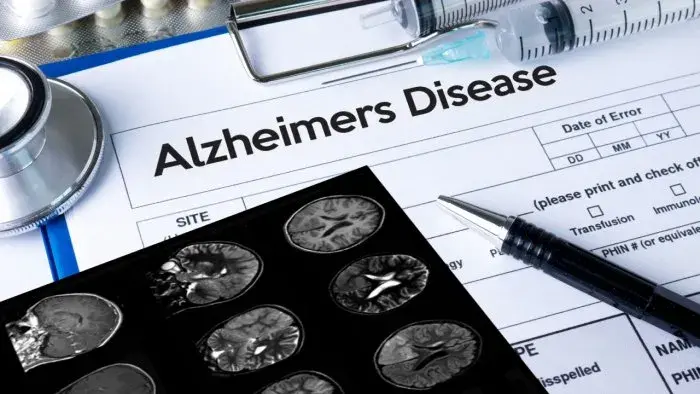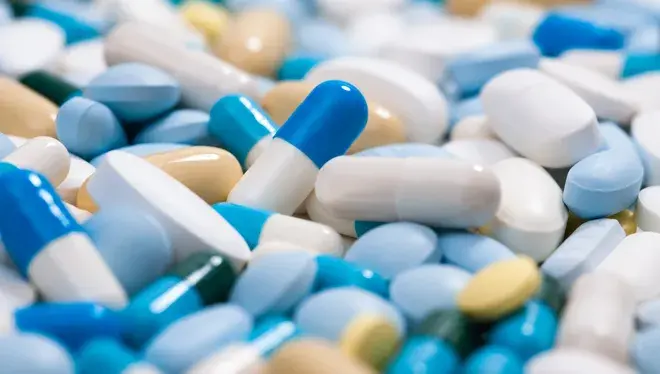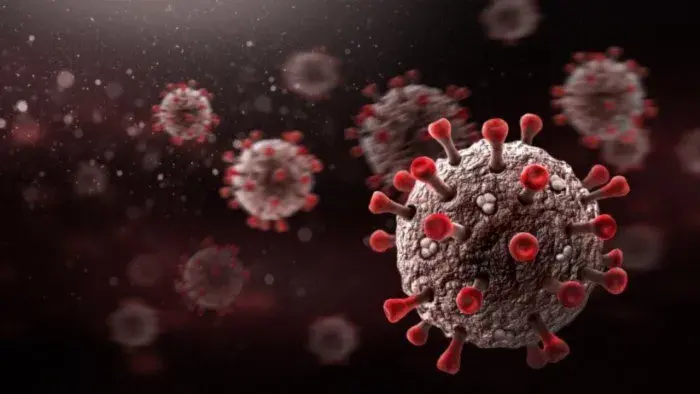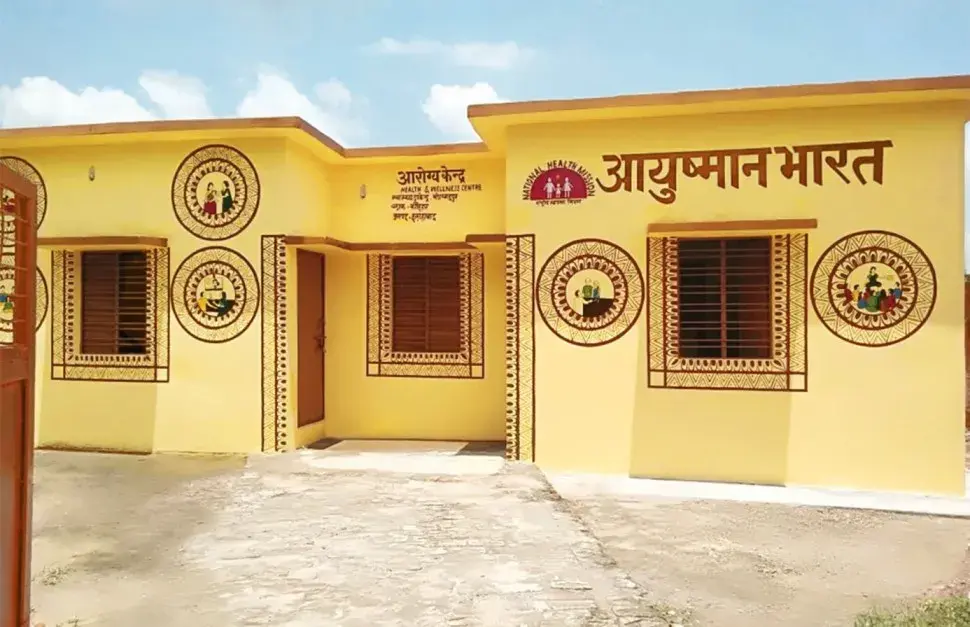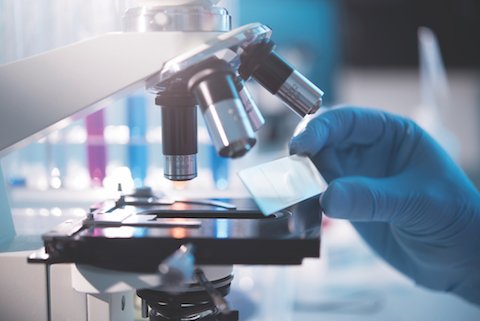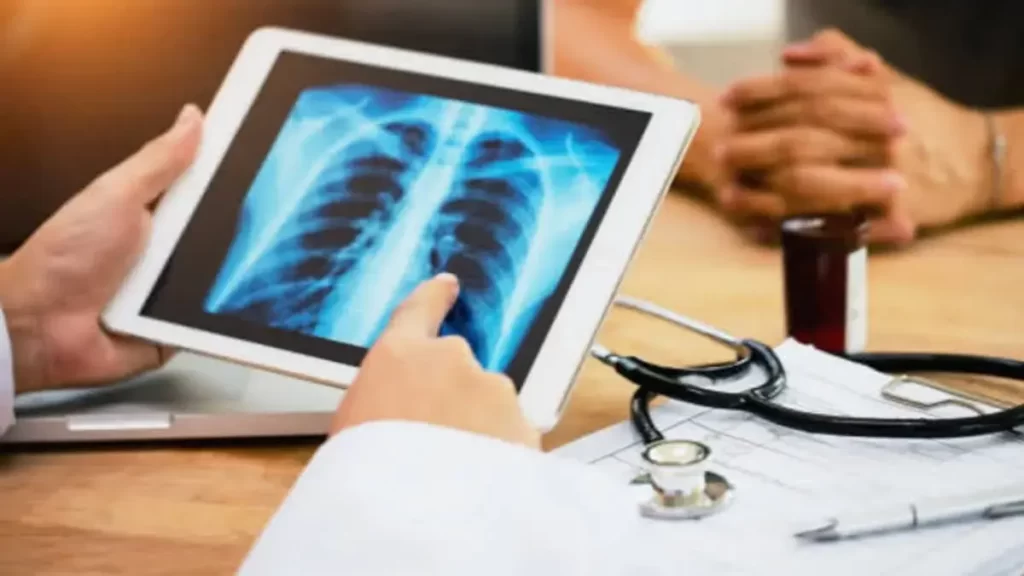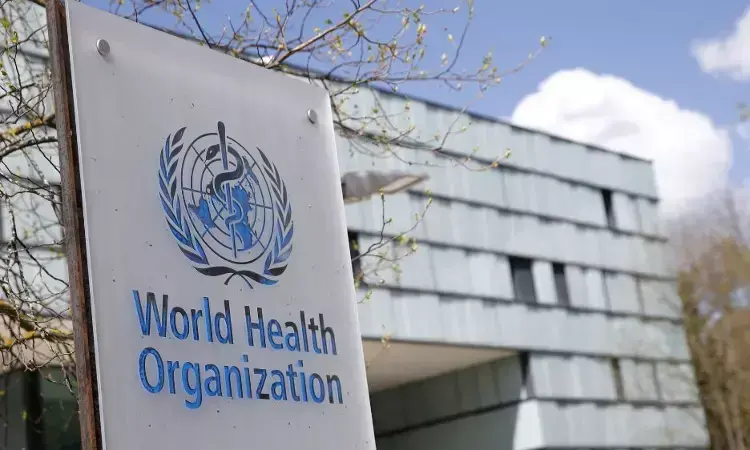New Rating System Introduced for Alzheimer’s Diagnosis, Embracing Cancer-Like Staging
Alzheimer’s disease experts have unveiled a ground-breaking development in the way doctors diagnose patients with this progressive brain disorder. At an Alzheimer’s Association conference in Amsterdam, they introduced a new rating system that mirrors the numerical staging system used in cancer diagnoses. This system replaces the previous guidelines issued in 2018 and aims to provide a more accurate and comprehensive assessment of the disease’s progression. The motivation behind this update stems from recent advancements in detecting key Alzheimer’s-related proteins, such as beta amyloid, in the blood. These advancements, along with the emergence of new treatments that require confirmation of disease pathology, prompted experts to revamp the diagnostic guidelines. The new system considers both cognitive changes and the presence of abnormal biomarkers, offering a more holistic view of the individual’s underlying disease. Gone are the terms “mild,” “moderate,” and “severe,” which were previously used to describe the stages of Alzheimer’s. Instead, patients will now receive a score ranging from 1 to 7, reflecting the extent of cognitive changes and the presence of abnormal disease biomarkers. Additionally, the system introduces four biological stages labelled a, b, c, and d. These stages provide further granularity in assessing the progression of the disease. The new rating system also includes a Stage 0 category for individuals who carry genes that guarantee the development of Alzheimer’s. This category encompasses people with Down Syndrome, as they have a significantly higher risk of developing Alzheimer’s later in life. By incorporating this additional stage, the guidelines acknowledge the diverse factors contributing to the development of the disease. Dr. Clifford Jack of the Mayo Clinic, the lead author of the report, emphasizes the similarity of the new system to cancer stages, highlighting that the goal is to provide a more precise understanding of the disease. The updated guidelines are particularly timely, as doctors prepare to identify and treat patients with recently approved drugs such as Leqembi and donanemab. The proposed guidelines are intended for doctors to utilize in clinical practice, equipping them with a more nuanced approach to diagnosing and treating Alzheimer’s patients. By enabling personalized medicine, which considers specific biomarkers and disease stages, doctors can now offer treatments that aim to slow down the progression of the disease, rather than solely managing its symptoms. These draft guidelines are currently open for expert review and comment, ensuring that the input of the Alzheimer’s research community is considered. The final version will reflect this feedback, marking a significant step forward in accurately diagnosing and managing Alzheimer’s disease. With its devastating impact on memory and cognitive abilities, Alzheimer’s presents a pressing challenge, and this new rating system represents a vital advancement in the fight against this debilitating condition.
New Rating System Introduced for Alzheimer’s Diagnosis, Embracing Cancer-Like Staging Read More »

